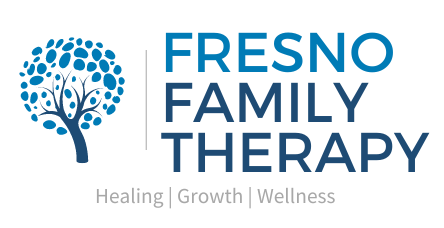It’s easy to recognize our physical habits but our mental habits are much more subtle. If we’re not aware of our mental habits they can significantly affect our mood, behavior, and values.
Habits form and shape what we do and who we become. Mahatma Ghandi wisely said, “Your actions become your habits, your habits become your values, your values become your destiny.”
Here are three mental habits to avoid of if you want to live a life of joy and fulfillment:
1. Comparison
Constantly comparing yourself to others is a habit that will surely lead you to a place you don’t want to be. Especially in this digital age of social media where you are getting a small glimpse into everyone’s “best” self.
No one shares their everyday struggles or flaws on Instagram or Snapchat. If you’re constantly comparing yourself to others “best” self it can leave you feeling disappointed, envious, and other emotions that will surely take the joy out of your life.
We are all human and there are no feelings unique to any man or woman. We all go through times of disappointment, pain, and depression but somehow we believe that others are immune to these emotions.
If we fall into the belief that we are alone in our feelings or that others have it better than us were constantly fighting a battle we can’t win.
2. Self-Criticism & Self-Judgment
In a capitalistic society of high competition, elevated pressure, and continuous need for improvement, we can become very critical of ourselves. The media, advertisements, and marketers are constantly telling us how were not happy enough, successful enough, or attractive enough.
Many times our inner voice is quick to tell us what we’re doing wrong and how we come up short. We all make mistakes, no ones perfect, sometimes we need to just simply remind ourselves that making errors is part of being human.
These external and internal negative messages must be combatted with self-care. One of the best ways to utilize self-care is through a self-compassion, a concept made famous by Dr. Kristin D. Neff.
- The first part of self-compassion is recognizing that we can accept ourselves even if we do not ALWAYS meet the high expectations or standards placed on us by others or ourselves.
- Secondly, self-compassion is recognizing our commonalities of being human.
We were trained to believe that self-criticism is the recipe for success. However, the research actually displays the opposite. The more we criticize ourselves the more we tap into the human stress hormone, cortisol, causing us to physically shut down.
Success is not about being perfect, but about being able to continuously fail and get back up. This resilience requires us to avoid self-criticism and judgment and lean on the practice of self-care.
3. Should-ing Yourself
Most people go through the day living by “shoulds” as to opposed to stopping and thinking if they are actually making decisions for themselves. Some examples of “should-ing” on yourself:
I “should” go to the gym every day
I “should” eat healthy every meal
I “should” spend less time binge watching Netflix series
I “should” do my laundry right now
I “should” be happy all the time
I “should” be making more money
I “should” not feel this way
I “should” be a better spouse, daughter, brother, friend, co-worker, etc.
The list goes on and on…
Of course there are always things that we ought to do everyday but if we’re living every moment by what we “should” do, we become critical of ourselves when we don’t match up to our perfectionistic expectations.
Many times when we don’t meet all of our “shoulds” it leads to disappointment, guilt, and even shame. There’s no problem with wanting to improve ourselves but it’s always helpful to first ask ourselves if we are doing something because we “should” or because we “want” to.
For example, imagine if your partner told you that they were remaining faithful because that’s what they “should” do. I’m pretty sure you’re first question would be, ‘but what do you “want” to do?’
We don’t want others to interact with us out of obligation because it doesn’t feel authentic or genuine. If we are always making decisions for ourselves out of obligation we’re never truly living in a way that’s consistent with our authentic selves.


